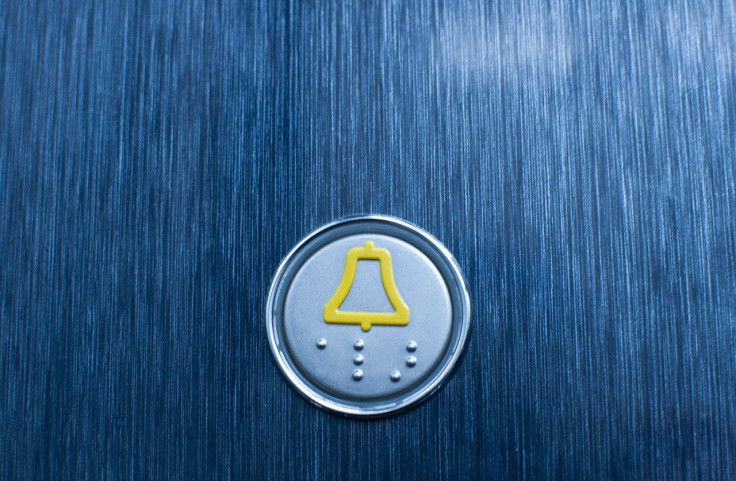Authorities Warning Of This Deadly Hazard In Rental Vacation Homes
KEY POINTS
- Many people are booking rental vacation homes instead of hotels or motels
- The CPSC is warning of a potentially "deadly hazard" in rental vacation homes
- Residential elevators have caused serious injuries and even death
With many people now vaccinated and eager to go on vacations, authorities are warning of a hazard that could potentially be deadly to young children.
Instead of going to hotels or motels, many are choosing to rent vacation homes amid the COVID-19 pandemic, the Consumer Product Safety Commission (CPSC) said. And with people now more eager to go on trips, the agency is reminding the public of the possible hazard in such rental vacation homes: residential elevators.
Calling it a "deadly hazard," the CPSC warned of the threat that "a single push of a button" can pose, noting, in particular, the dangers of the gap in between the hoistway door and the elevator door.
This is because children can get trapped in the space between the two doors if they close the exterior door without opening the interior one. They can then sustain potentially serious injuries once the elevator car moves.
Vacation Rental Homes Can Pose a Deadly Hazard - Kids Can Be Crushed to Death in Dangerous Home Elevator Gaps: https://t.co/KxhESXzaTL pic.twitter.com/jJK9VmQd4Y
— US Consumer Product Safety Commission (@USCPSC) June 24, 2021
According to the agency, children up to 16 years old have been crushed to death in these spaces, while others incurred serious injuries such as skull or vertebrae fractures and other lifelong injuries.
"In fact, residential elevators were linked to 4,600 injuries and 22 deaths from 1981 through 2019," the CPSC said.
In December, for instance, a company recalled about 5,000 units of its residential elevators due to four reports of incidents that resulted in injuries including a crushed spine and abdomen, broken arm and feet, fractured hip and bruising in the chest and face.
As such, the CPSC is urging consumers to be aware of the hazards. Those who run rental vacation homes as well as anyone who has a residential elevator in their home are encouraged to install safety precautions such as space guards or a device that will deactivate the elevator if it detects a child in the gap. They can obtain these from the elevator manufacturer or an elevator installer.
Tips for a safe stay at rental homes
Even if their vacation rental doesn't have a residential elevator, there are still some things that people should take note of to ensure their safety during their stay.
They have to ensure that the place has carbon monoxide and smoke detectors, fire extinguishers and first aid kits. All doors and windows should also have working locks and it's best if the exterior is well-lit so that accidents in the dark can be avoided.
Another important thing people should know when booking a vacation rental home is the set of rules implemented in the area where the property is located. Each state has different mandates and so do counties, so it's important to keep oneself updated.
It would also be wise to choose a place you can book entirely for yourself. Even if you're fully vaccinated, the Centers for Disease Control and Prevention still recommends avoiding shared spaces.

© Copyright IBTimes 2025. All rights reserved.






















